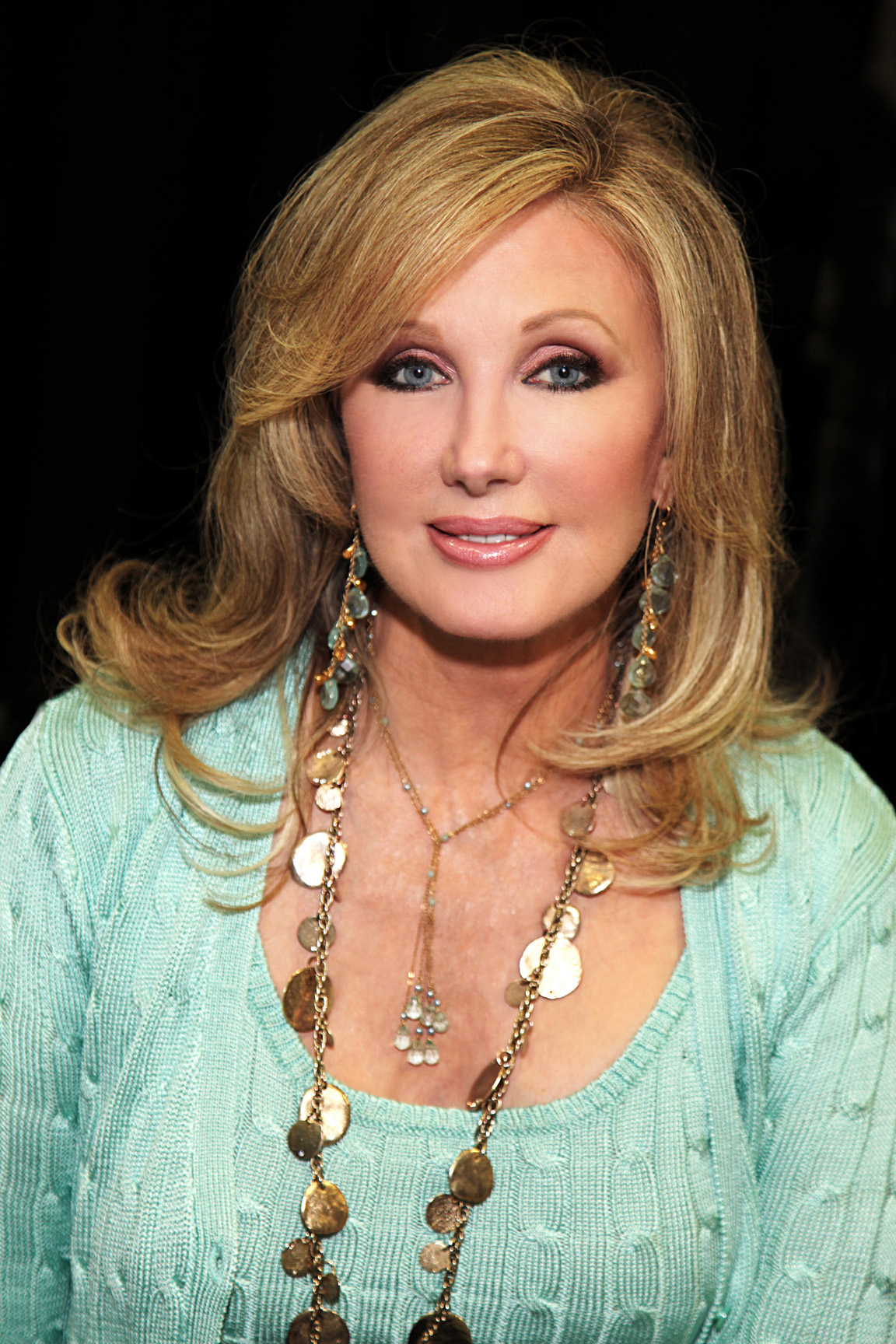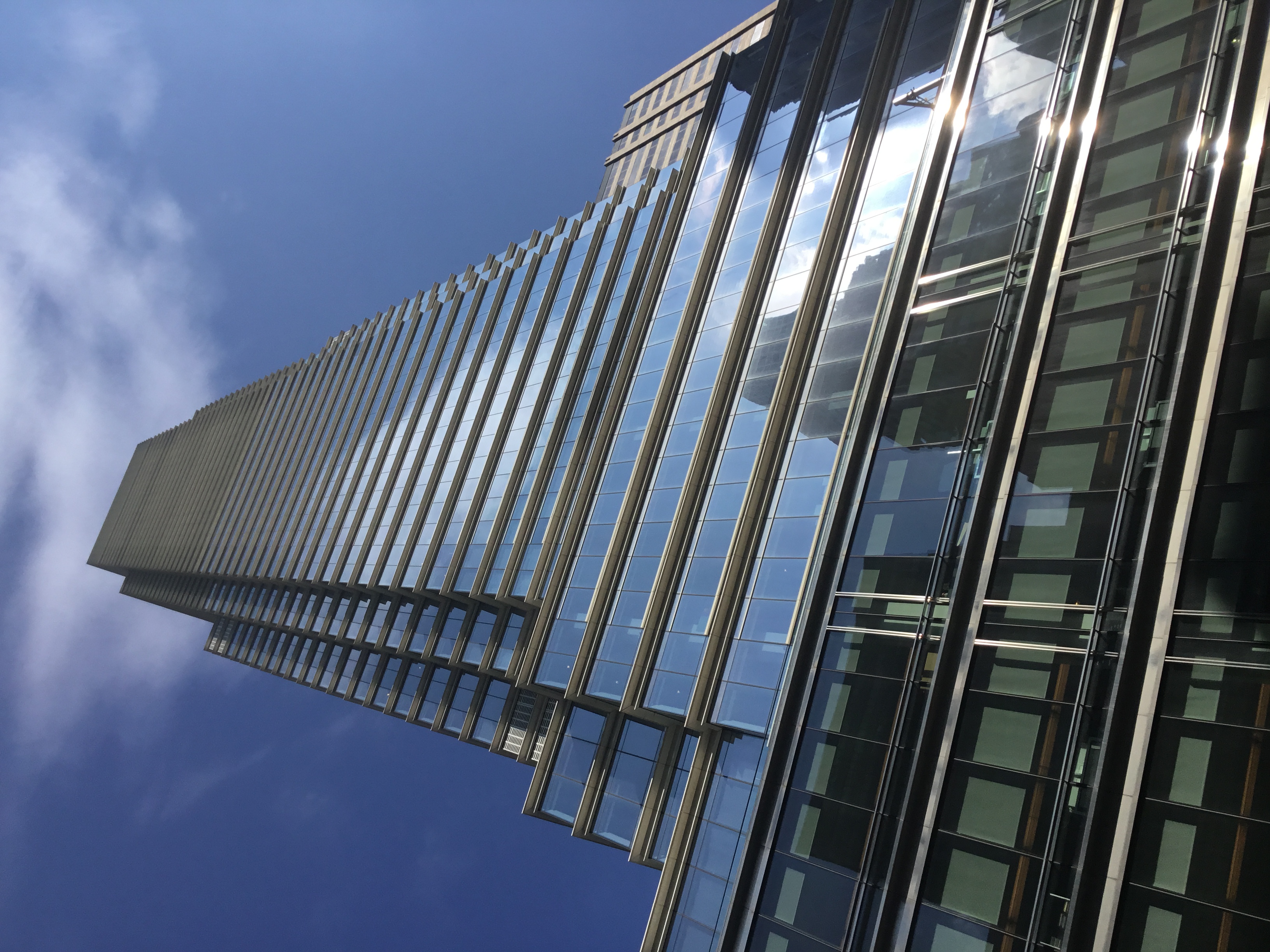Michael Schumacher
Explore the life and career of Michael Schumacher, one of Formula 1's greatest drivers. From his early days in karting to his world championships with Benetton and Ferrari, delve into his achievements, records, and legacy in the world of motorsport.
First F1 Grand Prix Win
Michael Schumacher won his first Formula One Grand Prix at the Circuit de Spa-Francorchamps in Belgium. This victory was significant as it marked the beginning of Schumacher's dominance in Formula One racing. He drove for the Benetton team and showcased his exceptional skill and determination on a challenging circuit known for its unpredictable weather. Schumacher's win at Spa was a prelude to his illustrious career that would see him become one of the most successful F1 drivers in history.
First World Championship Title
Michael Schumacher secured his first FIA Formula One World Championship title in 1994. The season was marked by a fierce battle between Schumacher and rival Damon Hill. The championship concluded at the Australian Grand Prix in Adelaide in a controversial manner when Schumacher collided with Hill, resulting in Schumacher winning the title by a narrow margin. Despite the controversy, Schumacher's talent was undeniable, and his victory marked the beginning of a new era in F1 racing.
First Championship with Ferrari
Michael Schumacher won the 2000 FIA Formula One World Championship, marking his third championship win and his first with Ferrari. This victory ended Ferrari's 21-year championship drought and started an unprecedented era of dominance in Formula One. Schumacher's success in 2000 was characterized by a strong start to the season and consistent performance throughout, sealing the championship in the Japanese Grand Prix at Suzuka. His triumph solidified his reputation as one of the greatest drivers in the sport.
Domination of the 2002 Season
Michael Schumacher achieved an unprecedented level of dominance during the 2002 Formula One season. He won 11 of the 17 races that year and secured the championship with six races remaining, a record at the time. Schumacher finished every race on the podium, demonstrating an unmatched level of consistency and excellence. His performance not only highlighted his exceptional driving skills but also underscored the technical prowess of the Ferrari team. The 2002 season is often remembered as one of Schumacher's most dominant performances in his career.
Seventh World Title
Michael Schumacher won his seventh and final FIA Formula One World Championship title in 2004. This achievement set a new benchmark in the history of the sport, breaking records previously held by F1 legends. Schumacher's 2004 season was remarkable, winning 13 races out of 18 and demonstrating complete dominance. His victory in the Japanese Grand Prix at Suzuka was the crowning moment of an exceptional season. Schumacher's seventh championship solidified his status as one of the greatest competitors in the sport's history.
Retirement Announcement
Michael Schumacher publicly announced his retirement from Formula One at the 2006 Italian Grand Prix at Monza. This announcement followed a victory at the race, which demonstrated he still had the competitive edge. Schumacher's decision to retire came as a surprise to many fans and was due to the team's decision to bring in a younger driver. His retirement marked the end of an era for Ferrari and Formula One, where Schumacher had become a synonymous name with success and dominance in the sport.
Formula One Comeback
Michael Schumacher made his much-anticipated return to Formula One in 2010 after a three-year retirement. He joined the newly-formed Mercedes GP team, rekindling a partnership with his former technical director Ross Brawn. Schumacher's comeback was met with significant media attention and fanfare, as many were eager to see if he could reclaim his former glory. Although he didn't win any races during his comeback, his presence added significant interest and experience to the team and the sport itself.
Final Retirement from Formula One
Michael Schumacher announced his second and final retirement from Formula One on October 4, 2012. This decision came after three seasons with Mercedes GP, where he was unable to return to his previous level of championship-winning performance. Schumacher's final season was notable for several strong performances, including setting the fastest qualifying time at Monaco before a grid penalty. His retirement marked the end of a storied career in the sport, and he left behind a legacy of records and memorable moments.
Skiing Accident
Michael Schumacher suffered a severe head injury while skiing in the French Alps on December 29, 2013. The accident occurred when Schumacher fell and hit his head on a rock, despite wearing a helmet. He was immediately airlifted to a local hospital and later transferred to Grenoble Hospital, where he underwent two surgeries. Schumacher was placed in a medically induced coma as the medical team worked to stabilize him. The accident shocked fans globally and led to an outpouring of support for the F1 legend.
Awakening from Coma
Michael Schumacher emerged from a medically induced coma on June 16, 2014, after more than five months since his skiing accident. He was moved from the hospital in Grenoble to a rehabilitation facility in Lausanne, Switzerland. Schumacher's family released limited details about his condition, prompting intense media speculation about his recovery and future prospects. The family maintained privacy during this time, focusing on his rehabilitation and expressing gratitude for the global support Schumacher received.
Frequently asked questions about Michael Schumacher
Discover commonly asked questions regarding Michael Schumacher. If there are any questions we may have overlooked, please let us know.
When did Michael Schumacher start his Formula 1 career?
When did Michael Schumacher retire from Formula 1?
How many World Championships did Michael Schumacher win?
What happened to Michael Schumacher in 2013?
Related timelines
More timelines connected to Michael Schumacher







